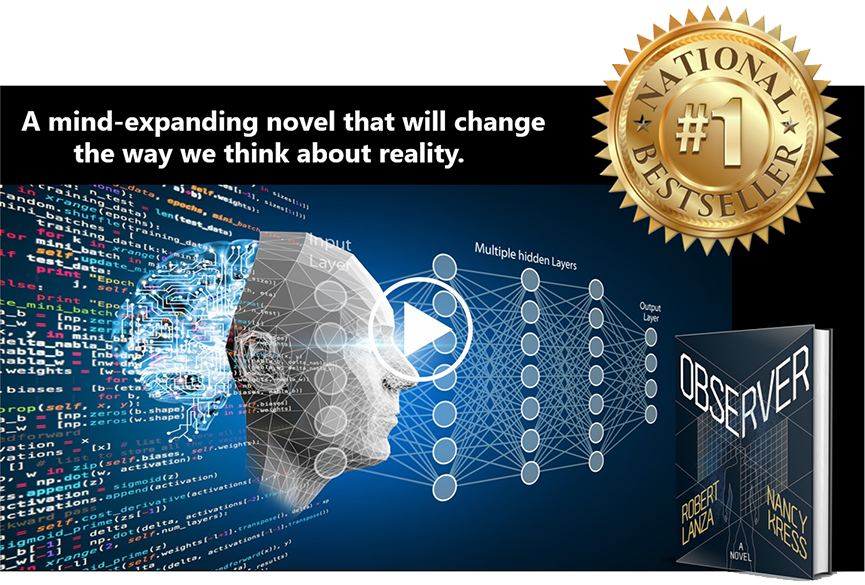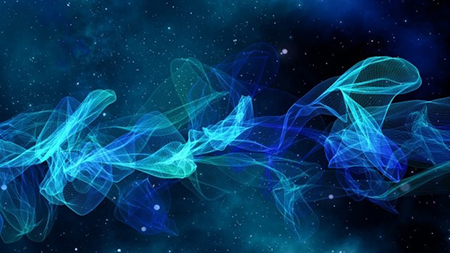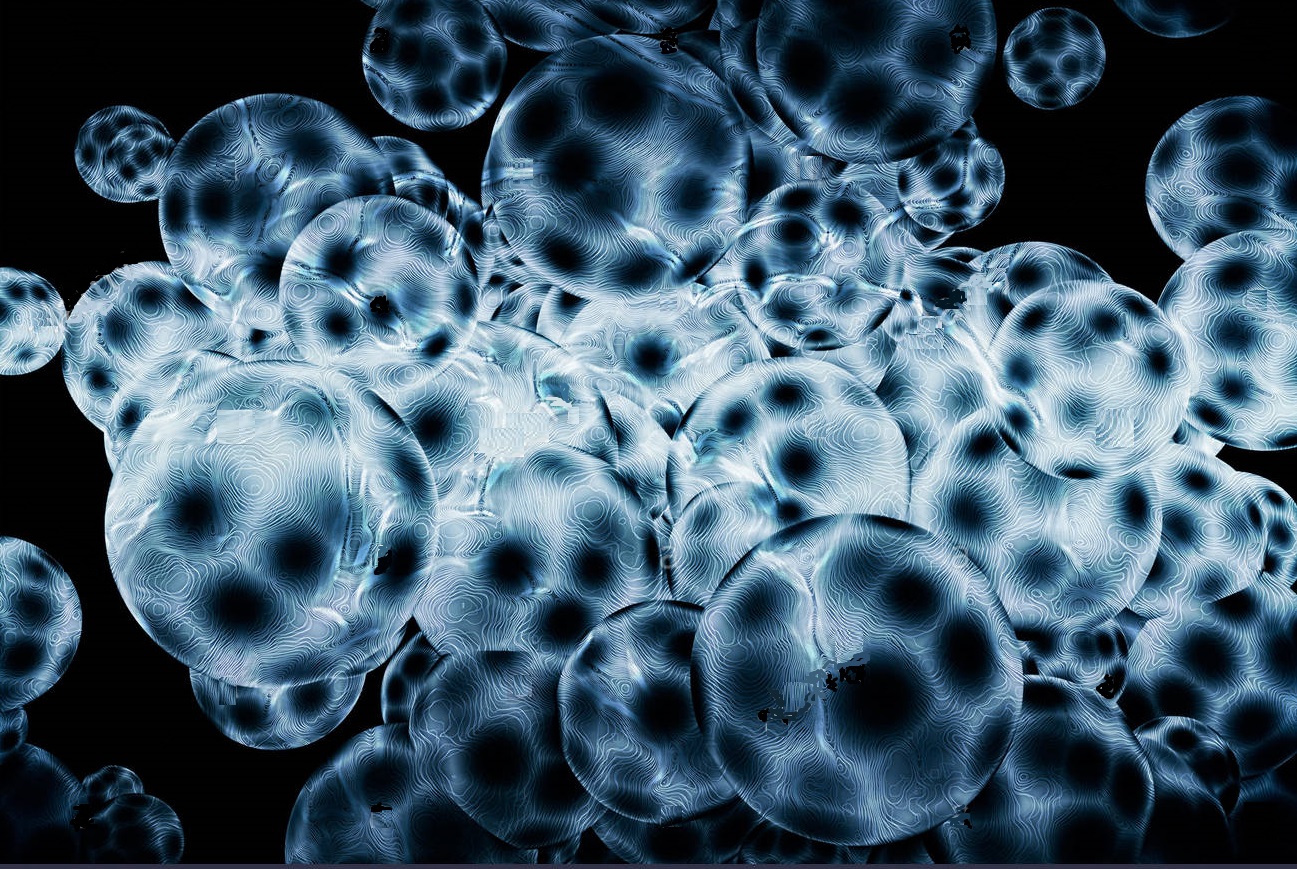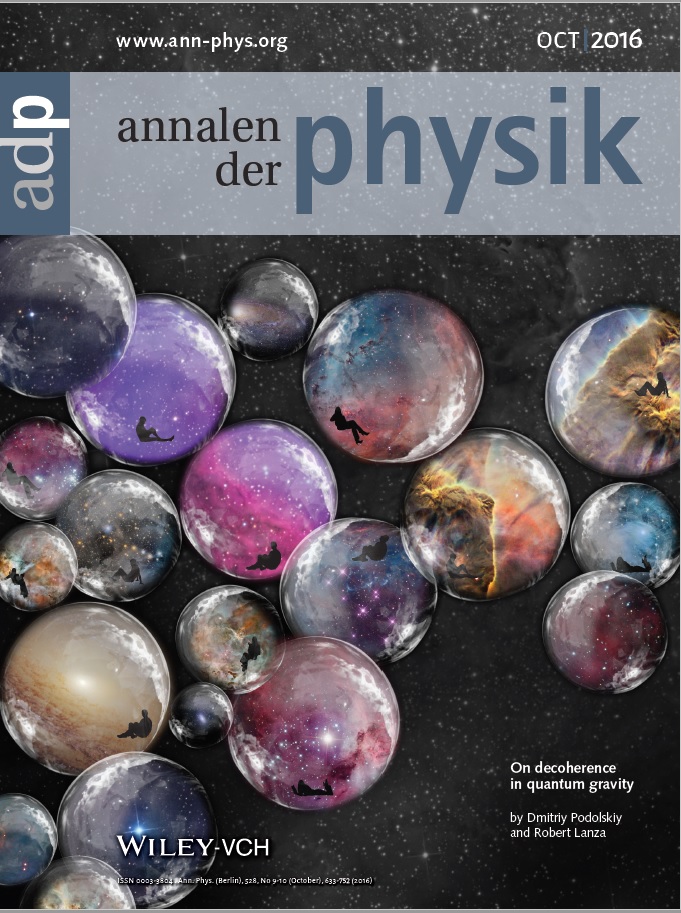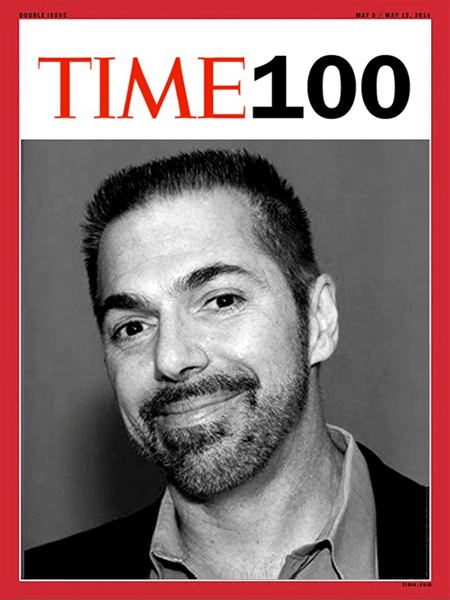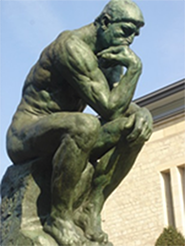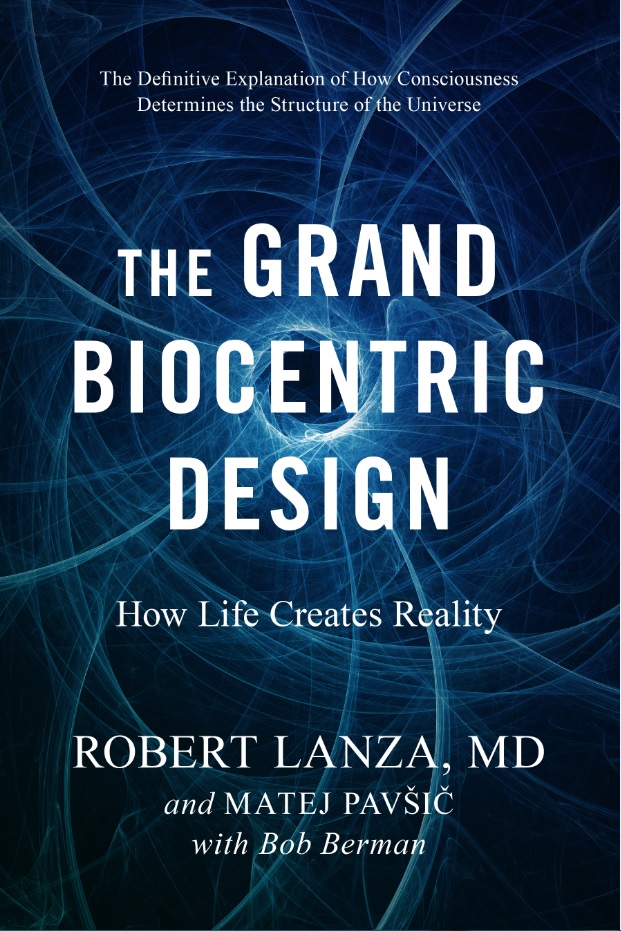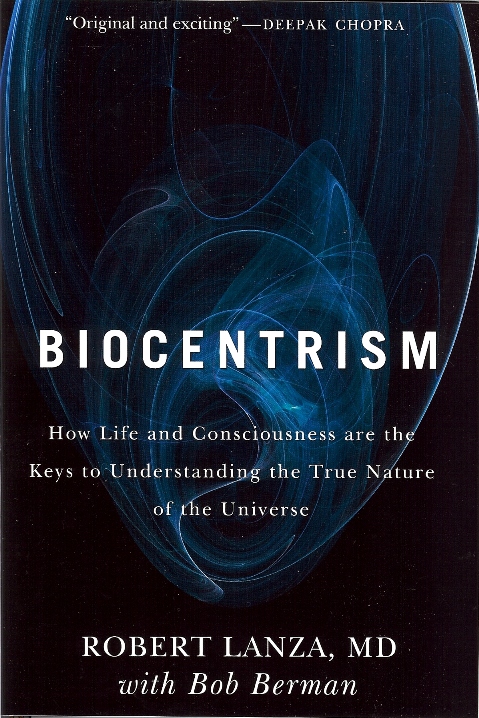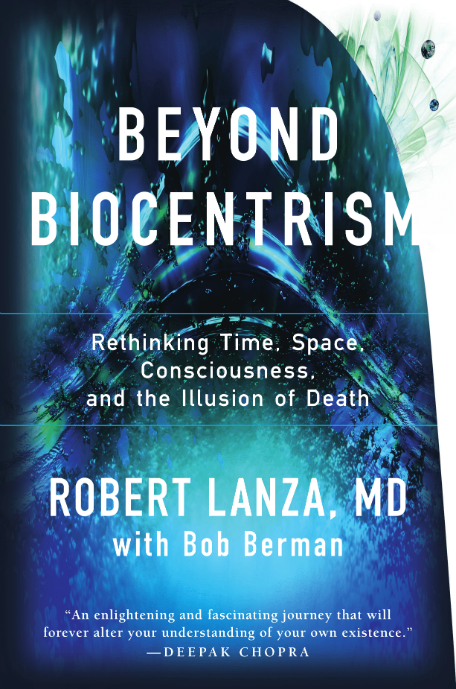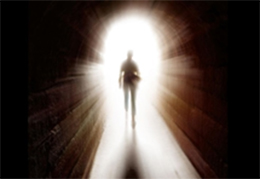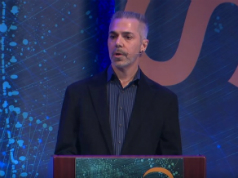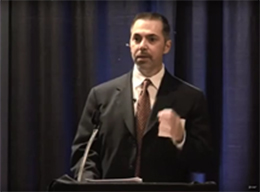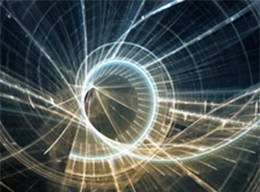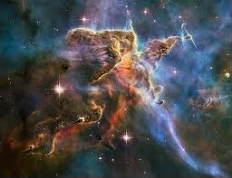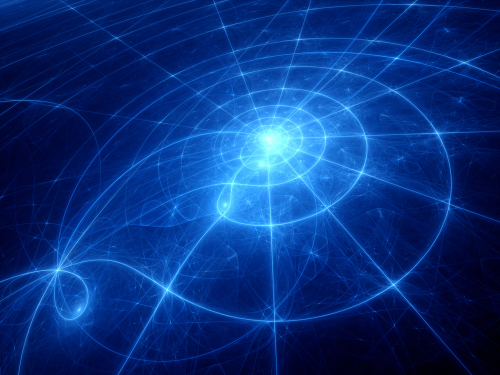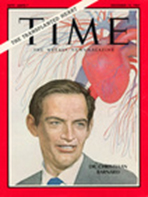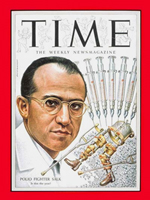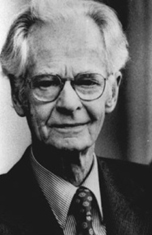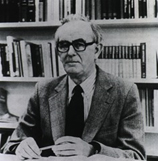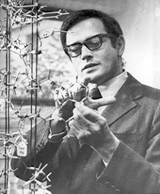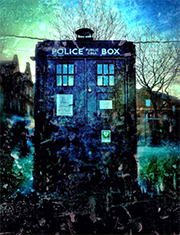Selection From “Beyond Biocentrism: Rethinking Time, Space, Consciousness, and the Illusion of Death”
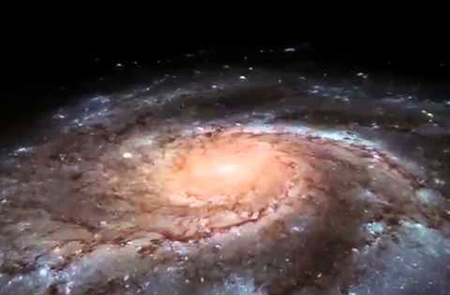
Somewhere around the age of seven, most kids ask uncomfortable questions. Is there an end to the universe? How did I get here? Some children, perhaps after a pet hamster has passed away, also start to worry about death.
A few venture even more deeply. They know they've come into a world that seems complex and mysterious, but can still occasionally recall the remnant of clarity and joy that was theirs during the first year of life. But as they progress through middle and then high school, and science teachers provide the standard explanation of the cosmos, they shrug that remnant off. The framework of existence has become either droningly academic or else a mere matter of philosophy. If they ponder it occasionally as an adult, their usual takeaway is that the entire cosmological worldview seems confused and unsatisfying.
The most widely accepted model of the universe depends on the part of the world and the time in history in which the questions were posed. A few centuries ago, Church and Scripture provided the framework for the Big Picture. By the 1930s, biblical explanations were no longer in vogue among the intelligentsia, and were eventually replaced by the cosmic egg model—where everything began with a sudden explosive event—similar to what Edgar Allan Poe originally proposed in an 1848 essay.
In this model, the universe was presented as a kind of self-operating machine. It was composed of stupid stuff, meaning atoms of hydrogen and other elements that had no innate intelligence. Nor did any sort of external intelligence rule. Rather, unseen forces such as gravity and electromagnetism, acting according to the random laws of chance, produced everything we observe. Atoms slammed into others. Clouds of hydrogen contracted to form stars. Leftover globs of matter orbiting these newborn suns cooled into planets.
Billions of lifeless years passed with the cosmos set on "automatic," until on at least one planet, and possibly others, life began. How this happened remains mysterious to our science. After all, we can take the known proteins, minerals, water, and everything else that an animal body contains and whirl it in a blender till the cows come home and still not have life.
If life and its genesis remain a mystery, consciousness is an enigma squared. For it is one thing to reproduce and grow and whatever else we deem to be life's characteristics; awareness is quite another feature. They are not the same. Yeast and HIV are alive. But do they perceive? Do all living creatures experience some analogue of our own sense of rapture at the deep purples in a twilight sky?
The issue is more than academic. For nearly a full century, physicists have seen that the observer's consciousness affects the results of experiments. Yet this has been little more than shrugged off as enigmatic and bewildering.
As for how consciousness could arise in the first place, no one even has guesses. We cannot fathom how lumps of carbon, drops of water, or atoms of insensate hydrogen ever came together and acquired a sense of smell. The issue is apparently too baffling to raise at all. Merely to bring up the topic of the origin of perception is to brand oneself a kook. Although former Encyclopedia Britannica publisher Paul Hoffman called it "the deepest problem in all of science," it usually sounds too odd and foreign to be discussed in serious venues. Nonetheless, we will later return robustly to the issue of consciousness. For now, suffice that its genesis is shrouded in a mystery as absolute as any inventory of the landfills near the New Jersey Turnpike.
So our standard model consists of an interesting mixture of the living and the non living. Both are part and parcel of a universe that, cosmology explains, burst out of nothingness 13.8 billion years ago. The whole shebang keeps getting larger.
This is the story. Everyone has heard it. It's recited to school students throughout the world. And yet everyone can feel how vacuous and unsatisfying is this narrative.
Like the tale of Jonah living happily inside a whale without suffering any physical discomfort, there's something fishy about the universe popping out of nothingness. And not just because in everyday experience we do not observe kittens or lawn furniture magically materializing. The problem lies deeper. It's simply that even if this narrative is true, the "sudden materializing" business is really no explanation at all.
So let's back up to be strictly honest about what we know and don't know. We can begin with truths no one can dispute, the way Renee Descartes did when he said, "I think therefore I am." Our absolute bedrock bottom line reality is not that we humans descended from plankton on a world born near a third-generation star 4.65 billion years ago. That may seem certain to many in our modern world, but here's an even more inarguable starting point: We find ourselves to be conscious, in a matrix we call the universe.
We seek some understanding or larger context for this existence. If we find theological models inadequate, we turn to science whose researchers state, once again, that the universe popped out of nothingness by some unknown process. They go on to "explain" that life eventually arose equally inexplicably. And this life manifests individual awareness that itself is enigmatic.
This is the scientific explanation for what's going on.
No wonder, in many circles, such elucidation is not regarded as superior to the old fashioned, "God did it."
… But as we shall see [in Beyond Biocentrism], both the voyage to a clearer picture of the cosmos, and the ultimate destination itself, are more than eye opening. They are fun.




